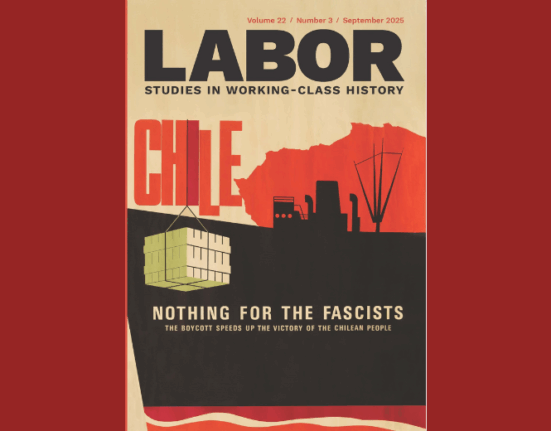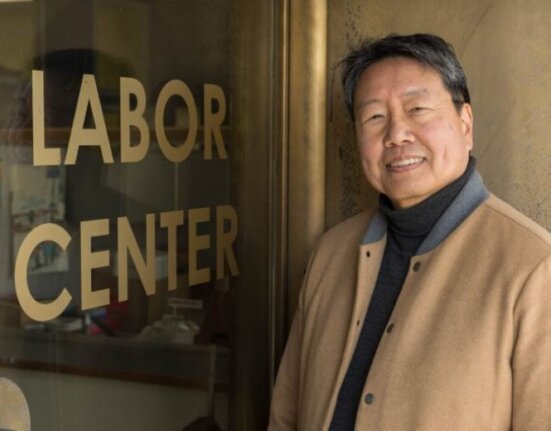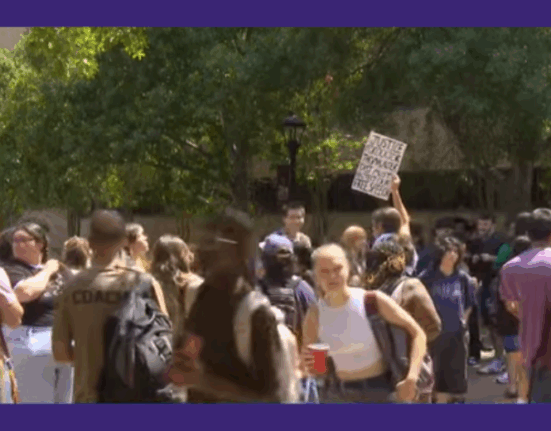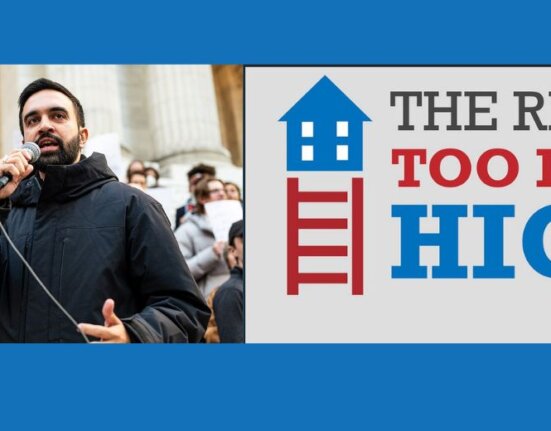I woke up Friday morning to the news that my country decided that it no longer wants to be part of the European Union. With a large turnout of 72% of the eligible electorate, the vote went 51.9% in favour of leaving against 48.1% for remaining – 17.4 million against 16.1 million, in case you wondered. As a result, the clock has begun to tick down on 43 years of British EU membership, creating huge levels of uncertainty. This morning the pound sterling lost 10% of its value against the dollar – the biggest one day decline since 1985 – and a massive £200 billion was wiped off the stock market.
But what was behind this result, which seemed until the eve of poll to be heading towards remaining in the EU? Class was one of the biggest factors. Let me explain. Early analysis of the results shows that if you had a college degree or were young, you were more likely to vote to remain. Geographically, England and Wales voted for Brexit, except for London. Scotland, however, voted overwhelmingly to remain, opening up a very real prospect of another independence referendum and the disintegration of the UK. Many places in England and Wales outside London, often but not exclusively Labour Party traditional heartlands, were amongst the strongest supporters of leaving. This seems to have resulted from a cocktail of resentments against ‘them’, the ‘elite’, the ‘establishment’ or simply the ‘experts’. This resentment has been simmering in these Labour heartlands for decades and predates the banking crash of 2008. Resignation, despair, and political apathy have been present in many former industrial regions since the wholesale deindustrialisation of the British economy in the 1980s and 1990. The election of the Blair -led Labour administration of 1997 masked the anger felt in these areas as traditional labour supporters and their needs were often ignored, while traditional Labour supporters were used as voting fodder. Over the thirteen years of Labour power, that support ebbed away, first as a simple decline in votes, but gradually turning into active hostility to the Labour party. Many embraced the UK Independence Party (UKIP).
This opposition, so skillfully drawn on by the leave campaign, is in part a working class reaction not only to six years of austerity but also to a long and deep seated sense of injustice and marginalisation. Most of the remain side, which was a cross party grouping, didn’t seem to understand this before the referendum and, even more depressingly, doesn’t seem to understand it fully now. A stock characterisation of working-class people who intended to vote leave was to label them as unable understanding the issues, easily manipulated, or worse, racist ‘little Englanders’.
A number of commentators have understood the class resentment underlying the referendum. In his thoughtful video blogs preceding the vote, Guardian journalist John Harris travelled away from the ‘Westminster village’ to the more marginal, often over looked parts of the UK. What he observed was precisely this class demographic of voting intentions, people who were in effect members of what sociologist Guy Standing has called the precariat. Fellow Guardian columnist Ian Jack wrote a similarly powerfully reflective piece linking the working-class vote with deindustrialisation. Both Harris and Jack emphasize the point that for unskilled workers with only a secondary school education, three decades or more of neo-liberalism has left deep scars socially, politically, and culturally, with little hope or expectation that anything would change for the better. In a vox pop radio interview the day before the referendum, a person stopped for their views simply said, ‘The working class is going to get screwed whether we stay or leave, so we might as well leave’.
This sense of ‘them’ versus ‘us’ was heightened by the long line of establishment figures from the world of politics, business, and finance who were trotted out to warn the voters that Brexit would mean Armageddon. Far from helping the remain side, these interventions from the likes of Christine Lagarde, managing director of the International Monetary Fund, Bank of England Governor Mark Carney, and even President Obama merely exaggerated the distance between working-class voters and those who wanted them to vote to remain. Speaking after the official result was announced, UKIP leader Nigel Farage explicitly used the language of class in his celebratory speech, saying that this was a vote of ‘Real people, ordinary people, decent people against the big merchant banks, big business and big politics’.
Many on the progressive left have seen this Brexit result coming and have linked it to a far wider set of issues than those of the immediate problems of the EU. In a video blog two days before polling, Owen Jones linked the marginalisation and alienation felt by many working-class voters and support for populists like Donald Trump, Bernie Sanders, and other non-mainstream political movements in Europe. What this all points to is a real rejection of the hegemony of what veteran left-winger Tariq Ali has called the ‘extreme centre’ that has promoted globalisation and neo-liberalism. In the narrative of the extreme centre, there is no place for those left behind, damaged by the collapse of industries and forced to face the brunt of never ending austerity. Faced with what are viewed as out of touch elites telling an angry electorate that they must vote to remain, there is little wonder that many working-class people opted to vote out. It’s hard to predict what will happen next, over the short, medium, and long term. But one thing is clear: class will play a big role.






